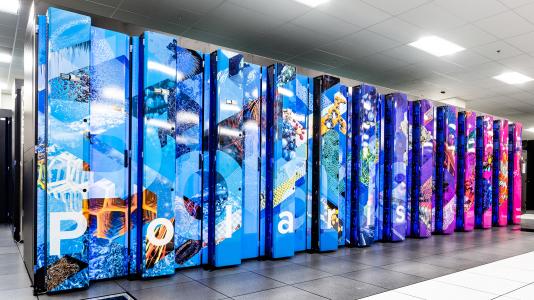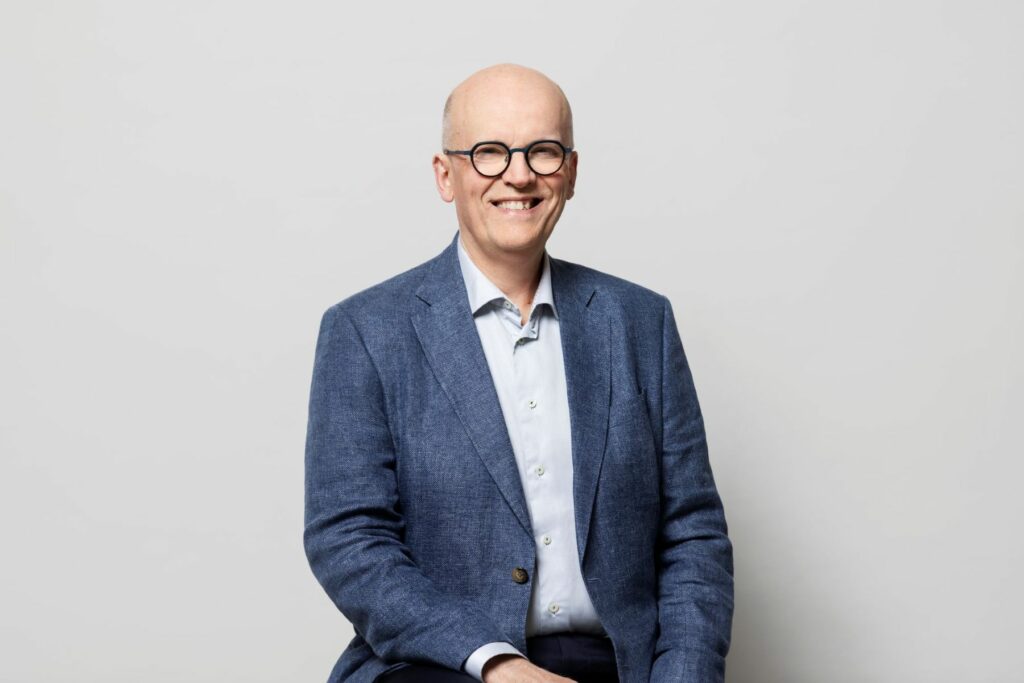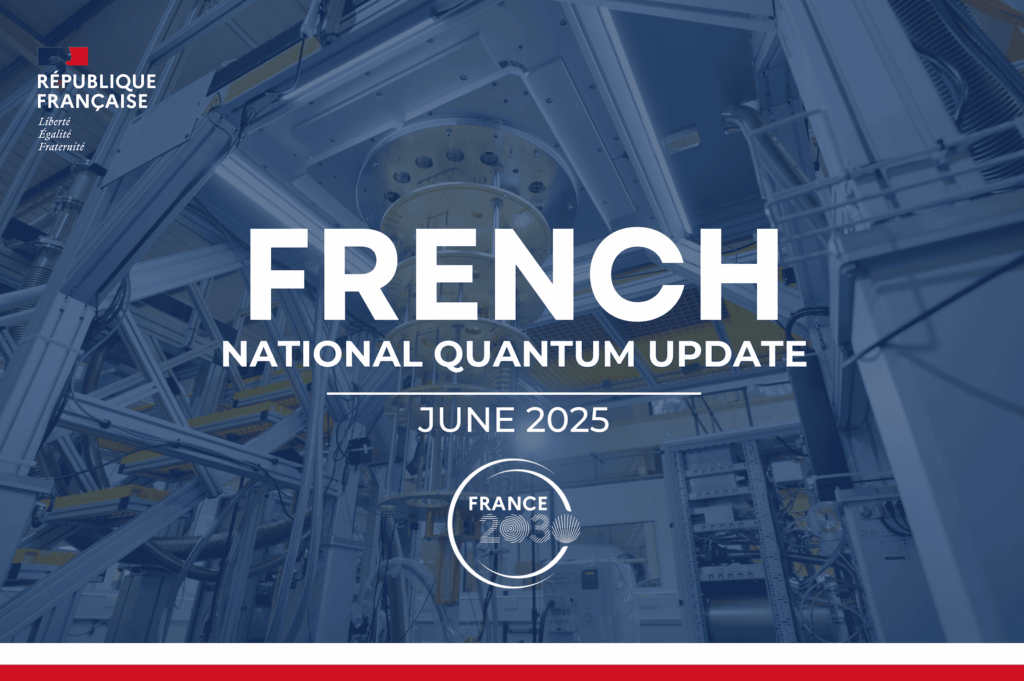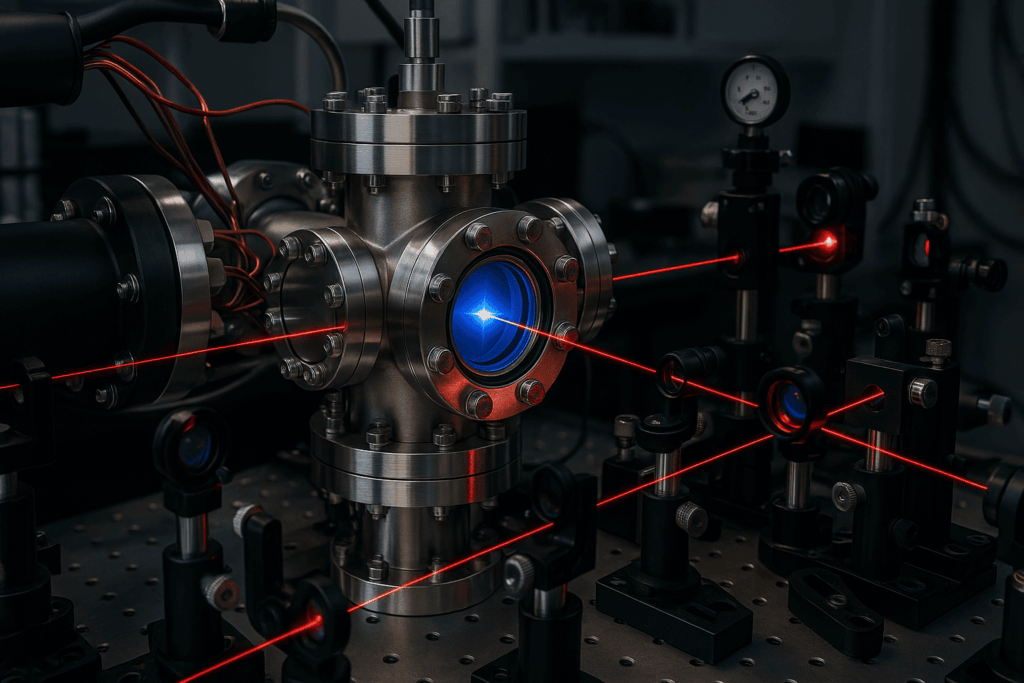Insider Brief
- Researchers report they have demonstrated clear evidence of a quantum algorithmic speedup for the quantum approximate optimization algorithm.
- According to the paper, the algorithm has been studied extensively and has been implemented on many quantum computers.
- The researchers say the advance has potential application in fields such as logistics, telecommunications, financial modeling and materials science.
- Image by Argonne National Laboratory
PRESS RELEASE — In a new paper in Science Advances, researchers at JPMorgan Chase, the U.S. Department of Energy’s (DOE) Argonne National Laboratory and Quantinuum have demonstrated clear evidence of a quantum algorithmic speedup for the quantum approximate optimization algorithm (QAOA).
This algorithm has been studied extensively and has been implemented on many quantum computers. It has potential application in fields such as logistics, telecommunications, financial modeling and materials science.
“This work is a significant step towards reaching quantum advantage, laying the foundation for future impact in production,” said Marco Pistoia, head of Global Technology Applied Research at JPMorgan Chase.

The team examined whether a quantum algorithm with low implementation costs could provide a quantum speedup over the best-known classical methods. QAOA was applied to the Low Autocorrelation Binary Sequences problem, which has significance in understanding the behavior of physical systems, signal processing and cryptography. The study showed that if the algorithm was asked to tackle increasingly larger problems, the time it would take to solve them would grow at a slower rate than that of a classical solver.
To explore the quantum algorithm’s performance in an ideal noiseless setting, JPMorgan Chase and Argonne jointly developed a simulator to evaluate the algorithm’s performance at scale. It was built on the Polaris supercomputer, accessed through the Argonne Leadership Computing Facility (ALCF), a DOE Office of Science user facility. The ALCF is supported by DOE’s Advanced Scientific Computing Research program.
“The large-scale quantum circuit simulations efficiently utilized the DOE petascale supercomputer Polaris located at the ALCF. These results show how high performance computing can complement and advance the field of quantum information science,” said Yuri Alexeev, a computational scientist at Argonne. Jeffrey Larson, a computational mathematician in Argonne’s Mathematics and Computer Science Division, also contributed to this research.
To take the first step toward practical realization of the speedup in the algorithm, the researchers demonstrated a small-scale implementation on Quantinuum’s System Model H1 and H2 trapped-ion quantum computers. Using algorithm-specific error detection, the team reduced the impact of errors on algorithmic performance by up to 65%.
“Our long-standing partnership with JPMorgan Chase led to this meaningful and noteworthy three-way research experiment that also brought in Argonne. The results could not have been achieved without the unprecedented and world leading quality of our H-Series Quantum Computer, which provides a flexible device for executing error-correcting and error-detecting experiments on top of gate fidelities that are years ahead of other quantum computers,” said Ilyas Khan, founder and chief product officer of Quantinuum.
Read the full research paper here: https://www.science.org/doi/10.1126/sciadv.adm6761

















